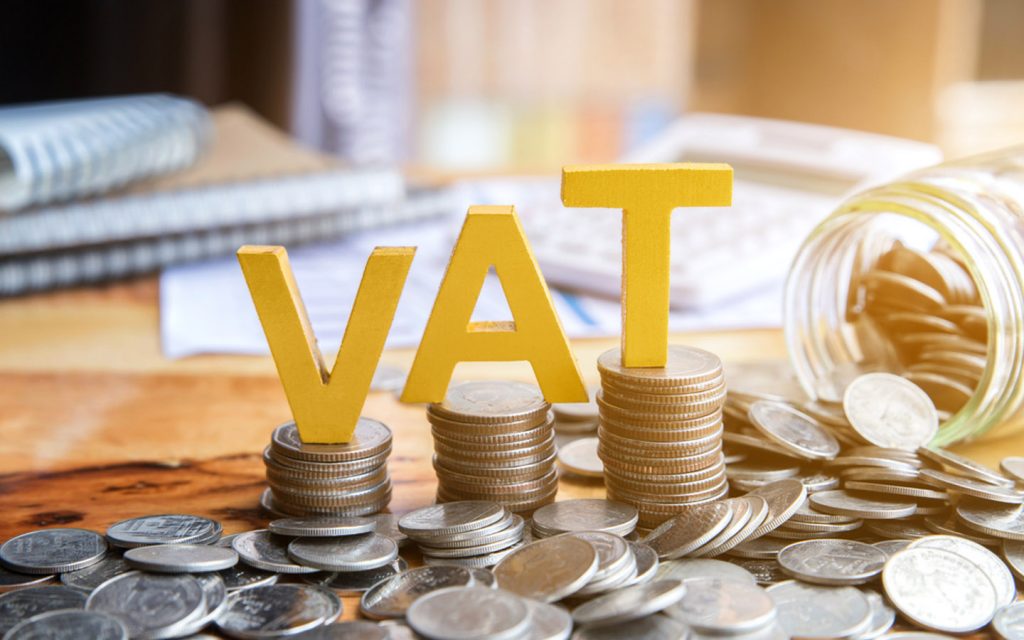The primary purpose of VAT registration in the United Arab Emirates is to elevate the nation’s financial system to parity with the rest of the world. Moreover, the term ‘audit’ refers to verifying a person’s tax history by examining their tax records, documentation, and tax return files. In this process, the Federal Tax Authority (FTA) manages audit checklists. Furthermore, the VAT or FTA returns will review and verify the documentation filed. Additionally, a tax audit is the government’s evaluation of the businessperson’s title role in a taxable system. With that in mind, here are seven tips to help you prepare yourself for a VAT audit.
Understand the requirements of the VAT return
You must be familiar with the requirements of the VAT return to prepare and submit it accurately and on time. A self-assessment exam will assist you in determining whether or not your company complies with VAT regulations.
To avoid catching businesses off guard during an audit, tax authorities recommend conducting this test at least once yearly. The VAT self-assessment test is a straightforward questionnaire that will assist you in determining if your business meets the VAT return requirements. It is available to all business owners, regardless of industry or size. The examination consists of questions regarding your company’s financial transactions and accounts.
Prepare for a range of possibilities
The first thing to remember is that your auditor has a broad scope of what they can look at. Tax authorities may audit your VAT return or examine your accounting records, sales, and purchase invoices.This means that you should prepare for a range of possibilities regarding the questions they will ask you and the documents they will request from you.
Disclosure of adequate details
Businesses should file their VAT return within the period specified by the authorities and in the manner specified. To ensure compliance, businesses must adhere to any prescribed format for filing the VAT return set by the authorities. It is imperative that the VAT return includes all the necessary information as specified by the authorities and is submitted in the prescribed format. This practice helps in minimizing the likelihood of disputes arising in the future.
If you are filing your VAT return for the first time, then it is essential that you consult an expert. This will help you avoid mistakes and save time in preparing and filing your VAT return.
Get ready for the audit
The first and most important thing is knowing the procedures and processes for a VAT audit. It’s also crucial to know what kind of documentation you should have on hand in case of an inspection and how best to prepare your mind and staff for the event.
Prepare your documents
Make sure your documents are up-to-date, accessible, and organized in a way that makes sense. This means that if something has been scanned into a new computer system or moved from one folder/file structure into another, it needs to be translated so that it can still be found when needed during an audit.
VAT audits are stressful events for both parties involved; it’s imperative that you remain calm at all times during the process so as not to risk making any mistakes.
Prepare yourself for the audit process
You ought to be prepared for an FTA VAT audit. You must understand how the procedure will operate and what steps you must take to comply with it successfully. However, this is not the case! Nothing is preventing you from passing your audit with flying colors and continuing business as usual without any issues if you adequately prepare in advance. Here are some tips on how to best prepare for these audits.
Being pleasant while communicating with officials engaged in your investigation (even if they aren’t being very polite themselves) can help ensure a smoother process when conducting interviews or interrogations in the future.
Ensure that all papers sought by auditors who visit your office during regular business hours are available upon request as soon as you are notified of their impending visit so that there are no delays in the future.
Cooperation is key
Cooperation is key to successfully passing a VAT audit. It can be the difference between passing and failing your audit.
You and your company should be open and honest with the auditor, providing all documentation requested promptly. If you have nothing to hide, there’s no reason not to cooperate fully with the auditor during an audit phase.
You should also know the auditor’s role during a VAT audit. The goal is to ensure that all taxable goods and services are being taxed appropriately and that your company is not receiving any unfair advantages. It may seem like an intimidating process, but it’s pretty simple.
Seek an expert’s opinion
If you are facing a VAT audit, seek an expert’s opinion. As the stakes are high, gathering as much information about your situation as possible is essential before taking any action. You should consult a tax professional or accountant to help you prepare for the VAT audit. They can guide you through the process and will be able to provide advice on how to comply with FTA regulations.
Conclusion
The tips mentioned above can help you comply with the VAT audit by the FTA. However, if you are facing a challenging situation, it is advisable that you seek the advice of an expert to steer clear of any problems.


